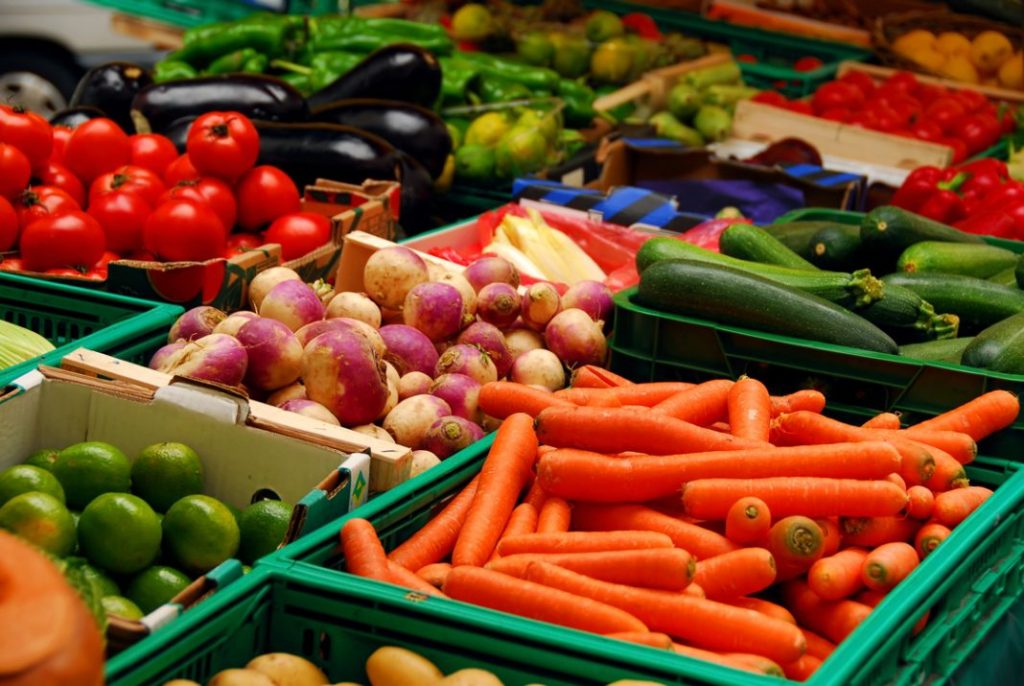Introduction:
In a world where environmental consciousness is no longer a choice but a necessity, industries are reevaluating their practices to minimize ecological impact. The fruit industry, with its vast global reach, is making strides towards sustainability by adopting environmentally conscious materials. This blog delves into the significance of such materials, exploring their impact on the fruit industry and the planet at large.
The Imperative of Sustainable Materials:
1. Reducing Plastic Dependency:
The conventional fruit packaging landscape has long been dominated by plastic. However, the environmental repercussions of plastic pollution are undeniable. Embracing environmentally conscious materials is a pivotal step towards reducing plastic dependency in the fruit industry. This shift aligns with global initiatives to curb plastic pollution and its detrimental effects on oceans and ecosystems.
2. Biodegradable Packaging Solutions:
One of the key components of environmentally conscious materials is the adoption of biodegradable packaging solutions. Materials such as cornstarch-based plastics, bagasse (sugarcane residue), and other plant-based polymers break down naturally, reducing the environmental burden associated with traditional, non-biodegradable packaging.
3. Compostable Options:
Compostable packaging materials offer a holistic approach to sustainability in the fruit industry. These materials, derived from organic matter, can be composted along with food waste, creating a closed-loop system that contributes to soil health. The use of compostable options minimizes waste and supports the circular economy.
Innovations in Sustainable Packaging:
1. Edible Packaging:
A groundbreaking innovation in sustainable packaging is the concept of edible packaging. Using materials like edible films made from fruits and vegetables, companies can create packaging that is not only environmentally friendly, but can also be consumed along with the fruit. This innovation eliminates packaging waste, offering a novel solution to the environmental challenges posed by traditional materials.
2. Plant-Based Alternatives:
Plant-based materials, such as those derived from algae, mushrooms, or agricultural waste, are gaining traction in the fruit industry. These alternatives provide a renewable resource for packaging, reducing the reliance on fossil fuels. Additionally, these materials often have a lower carbon footprint throughout their lifecycle compared to traditional counterparts.
3. Recyclable Packaging:
While recycling has been a part of sustainability conversations for decades, innovations in recyclable packaging continue to emerge. Designing packaging that is easily recyclable ensures that materials can be repurposed, reducing the overall environmental impact. This approach encourages a more circular economy within the fruit industry.
Benefits of Environmentally Conscious Materials:
1. Reduction in Carbon Footprint:
The adoption of environmentally conscious materials contributes significantly to the reduction of the carbon footprint associated with the fruit industry. Traditional packaging materials, particularly plastics, are often derived from fossil fuels and contribute to greenhouse gas emissions. By choosing materials with a lower environmental impact, the industry takes a proactive step in mitigating climate change.
2. Preservation of Biodiversity:
The detrimental effects of plastic pollution on biodiversity, particularly marine life, have been widely documented. Embracing environmentally conscious materials helps preserve biodiversity by minimizing the negative impact on ecosystems. This is crucial for maintaining the delicate balance of nature and ensuring the health of our planet's diverse species.
3. Consumer Appeal and Brand Loyalty:
Consumers are increasingly making purchasing decisions based on environmental considerations. Companies that prioritize environmentally conscious materials not only attract eco-conscious consumers but also build brand loyalty. This consumer appeal can translate into long-term market success and a positive brand image.
Challenges and Opportunities:
1. Cost Considerations:
One of the challenges in adopting environmentally conscious materials is the perceived cost barrier. Sustainable materials might initially be more expensive than conventional options. However, as demand increases and technology advances, the cost differentials are likely to decrease, making sustainable options more economically viable.
2. Innovation and Collaboration:
Innovation in sustainable materials requires collaboration between industry players, researchers, and technology developers. Overcoming the challenges associated with developing and implementing these materials necessitates a collaborative approach. Industry-wide partnerships can foster innovation and drive the adoption of environmentally conscious materials.
Future Outlook:
The fruit industry's embrace of environmentally conscious materials marks a positive trajectory toward a more sustainable and responsible future. As consumer awareness grows, companies that proactively adopt these materials are likely to gain a competitive edge. The ongoing development of new materials and packaging innovations underscores the industry's commitment to minimizing its environmental impact.
Conclusion:
In the fruit industry, the transition to environmentally conscious materials is more than a trend; it is a fundamental shift towards responsible and sustainable practices. By reducing plastic dependency, embracing biodegradable and compostable options, and innovating with plant-based alternatives, the industry is sowing the seeds for a greener future. As the benefits of these materials become more evident, their widespread adoption promises not only environmental conservation but also the cultivation of a more resilient and ethical fruit industry.
